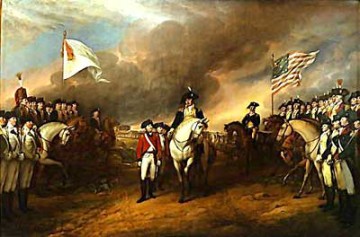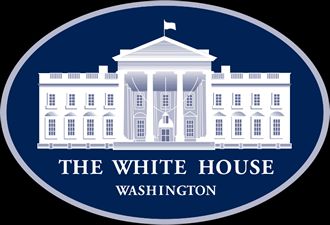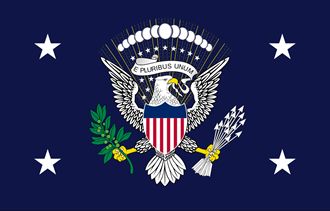 President Barack Obama and British Prime Minister David “One is an Ordinary Bloke” Cameron are singing from the same hymn sheet when it comes to the matter of encryption.
President Barack Obama and British Prime Minister David “One is an Ordinary Bloke” Cameron are singing from the same hymn sheet when it comes to the matter of encryption.
Obama has issued a statement that he can’t see why police and spies should not be locked out of encrypted smartphones and messaging apps. Clearly he has not been paying much attention to the Snowden affair where it appears that the lack of encryption gave US and UK snoops huge powers over the lives of the great unwashed, while not making much difference to terrorists or criminals.
Apple, Google and Facebook have introduced encrypted products in the past half year that the companies say they could not unscramble, even if faced with a search warrant. That’s prompted vocal complaints from spy chiefs, the Federal Bureau of Investigation and British Prime Minister David Cameron.
In fact Obama’s comments came after two days of meetings with Cameron, and were made with his loyal lapdog at his side.
“If we find evidence of a terrorist plot… and despite having a phone number, despite having a social media address or email address, we can’t penetrate that, that’s a problem,” Obama said.
He insisted that US tech-giants are on the side of the spooks.
He said that “They’re patriots.” Standing next to a British Prime Minister claiming that people who are publically claiming they are working to stop UK and US spooks are actually working for them is a hugely ironic piece of disinformation.
Google, Apple and Microsoft have spent a fortune encrypting links to their networks to keep “tyranny” out. If they are patriots then they are unlikely to side with the British, if US history is anything to go by.
In the US, governments have long been able to access the contents of electronic communication, including phone calls, consumer email and social media, with warrants, through wiretaps and from technology companies themselves.
But the law that governs these practices is dated and doesn’t mandate tech firms incorporate such features into modern apps.
The president wants a technical way to keep information private, but ensure that police and spies can listen in when a court approves. He is on a hiding to no-where with this one. Bill Clinton tried for a “clipper chip” that would allow only the government to decrypt scrambled messages.
Security experts have long argued such systems would tigger anti-hacking tools, leaving computers exposed. An encryption algorithm with a master key, it is inherently weaker because it’s possible for an outsider to steal that master key and crack the code.
What is worrying about this particular transatlantic accord is that the UK is more likely to get it into law than the US.
Security experts have warned that you can’t have secure systems with backdoors and that if you bring in such rules you will be making it easier for terrorists to take control of systems.
 Software giant Microsoft said that people using all versions of Windows could be affected by the recent Freak phenomenon.
Software giant Microsoft said that people using all versions of Windows could be affected by the recent Freak phenomenon.










